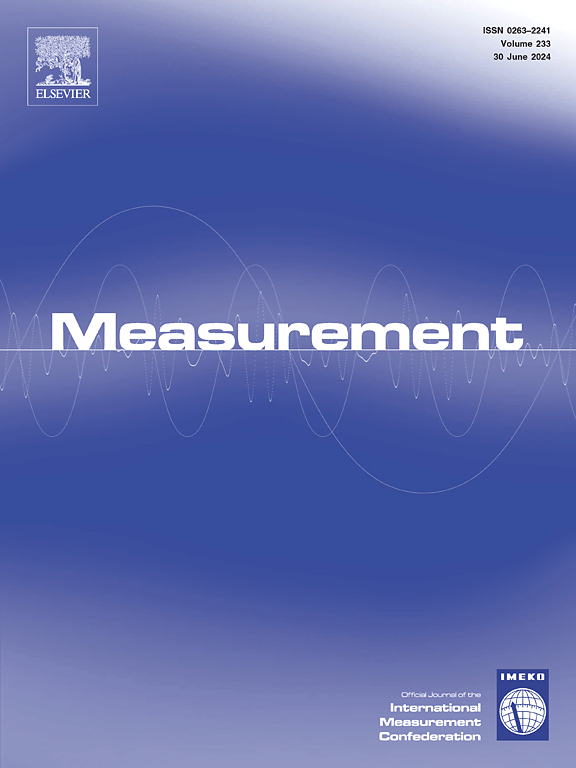A hybrid mechanism modeling and data-driven method for energy prediction and optimization for a class of industrial robots
IF 5.6
2区 工程技术
Q1 ENGINEERING, MULTIDISCIPLINARY
引用次数: 0
Abstract
Predicting and optimizing the energy consumption of industrial robots (IRs) helps reduce their operating costs and achieve environmental protection. However, existing methods are often constrained by IR controller inputs or rely heavily on measured data, limiting their applicability to ordinary production-line IRs. To overcome these challenges, this paper proposes a hybrid robot energy model (HREM) for a class of commonly used elbow-type IRs, which integrates a robot simplified mechanism-based model (RSM) with a neural network for residual energy compensation. This approach combines the strengths of mechanism modeling and data-driven approaches. Unlike purely data-driven methods, HREM reduces dependence on training data and enables accurate prediction and optimization across untrained joint positions. In the mechanism modeling part, RSM parameters can be identified using only power-supply-side data, and an optimization algorithm combining gradient descent and genetic algorithms (GD-GA) is introduced to improve identification efficiency. Experimental results demonstrate that HREM achieves higher prediction accuracy and greater energy savings compared with data-driven methods, making it a practical solution for large-scale industrial deployment.
一类工业机器人能量预测与优化的混合机构建模与数据驱动方法
对工业机器人的能耗进行预测和优化,有助于降低工业机器人的运行成本,实现环境保护。然而,现有的方法往往受到红外控制器输入的限制,或者严重依赖于测量数据,限制了它们对普通生产线红外的适用性。为了克服这些挑战,本文针对一类常用的肘部机器人,提出了一种混合机器人能量模型(HREM),该模型将基于机器人简化机构的模型(RSM)与用于剩余能量补偿的神经网络相结合。这种方法结合了机制建模和数据驱动方法的优点。与纯粹的数据驱动方法不同,HREM减少了对训练数据的依赖,并能够对未经训练的关节位置进行准确的预测和优化。在机理建模部分,仅利用供电侧数据即可识别RSM参数,并引入梯度下降与遗传算法(GD-GA)相结合的优化算法,提高识别效率。实验结果表明,与数据驱动方法相比,HREM具有更高的预测精度和更大的节能效果,是大规模工业部署的实用解决方案。
本文章由计算机程序翻译,如有差异,请以英文原文为准。
求助全文
约1分钟内获得全文
求助全文
来源期刊

Measurement
工程技术-工程:综合
CiteScore
10.20
自引率
12.50%
发文量
1589
审稿时长
12.1 months
期刊介绍:
Contributions are invited on novel achievements in all fields of measurement and instrumentation science and technology. Authors are encouraged to submit novel material, whose ultimate goal is an advancement in the state of the art of: measurement and metrology fundamentals, sensors, measurement instruments, measurement and estimation techniques, measurement data processing and fusion algorithms, evaluation procedures and methodologies for plants and industrial processes, performance analysis of systems, processes and algorithms, mathematical models for measurement-oriented purposes, distributed measurement systems in a connected world.
 求助内容:
求助内容: 应助结果提醒方式:
应助结果提醒方式:


